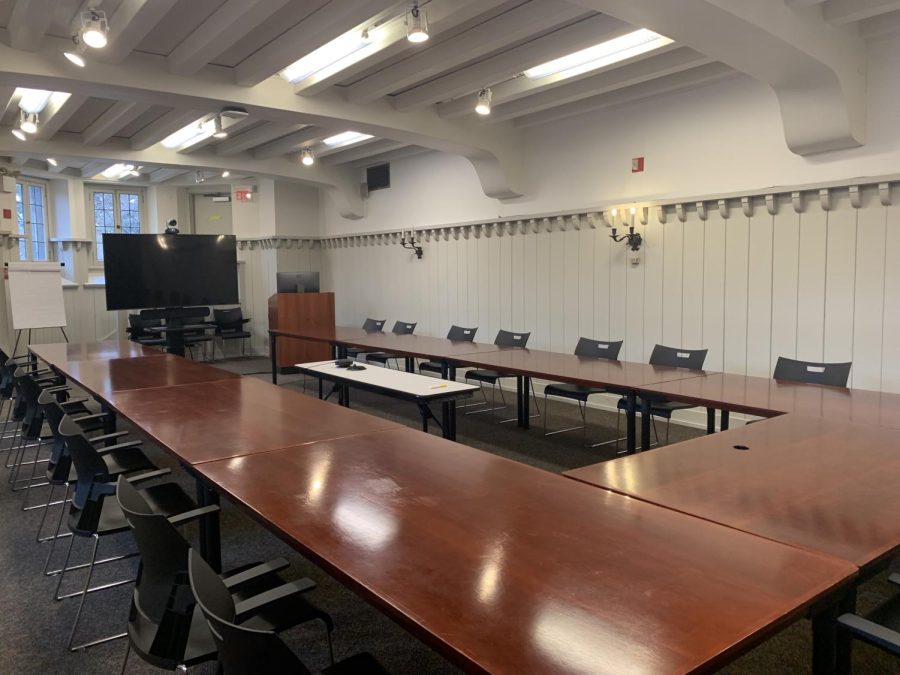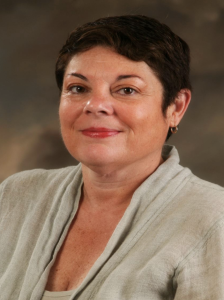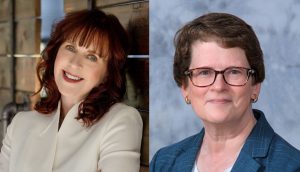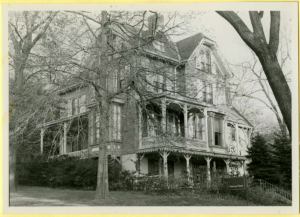Chatham faculty votes to reinstate tenure
Professors now have the ability to gain tenure
February 21, 2022
Chatham University’s Capstone Review Committee reached a consensus with the Board of Directors to reinstate the institution’s tenure policy. This will mark a departure from the current Capstone contract system. The change went up for vote by the faculty at large on Feb. 17.
“I think a big takeaway for me was how strongly invested everybody was in the good of the institution,” said Dr. Joseph MacNeil, interim dean of the School of Arts, Science and Business, of the committee and board’s agreement. MacNeil chaired the campus committee.
A tenure contract model states, broadly, that professors are guaranteed employment at their college or university, provided there are no exceptional breaches in expected behavior and conduct. These standards are set and maintained by the university at large.
“Implied with a tenure position is more academic freedom, and our contemporary times require that sort of freedom,” said Dr. Jennie Sweet-Cushman, a member of the Capstone Review Committee.
Chatham instituted this model in years past, MacNeil said, yet it was later voted to be replaced by the Capstone contract model upon the initial growth of Chatham’s graduate programs. The earliest graduate professors – primarily in the health sciences – were hired as clinical faculty, which necessitated a need for tenure reevaluation.
“It was made to unite the faculty, and it really worked very well,” MacNeil said regarding the Capstone model’s initial implementation.
The Capstone contract process included an incremental probationary period (two periods of two years, followed by an additional three years), after which a professor is promoted from assistant professor to associate professor. The decision for promotion was based on the compilation of a professor’s chronicled scholarship, creative work, contributions to Chatham and the greater community, among other things.
The resulting five-year contract then increased to another six years, following the same review process; a final six-year review took place after that – resulting in the candidate being promoted to full professor status.
The immense work incurred by the Capstone contract progress on the part of the Faculty Review Committee – a separate entity charged with reviewing professors as part of the Capstone contract model – was a pertinent reason for their push toward tenure reinstatement.
The proposed tenure model will reduce the review process to annual reports submitted to department chairs and deans. If a professor incurs a majority of negative annual reports, the Faculty Review Committee will conduct a review process similar to that from the Capstone model.
“The current system puts the burden on the faculty member to prove they deserve to stay. A tenure system puts the burden on the university to say that you should go,” Sweet-Cushman said.
The Capstone Review Committee envisioned several goals for improvement at Chatham, including a sense of dual-governance between the board and faculty, greater academic freedoms for professors and a push toward a more diverse and equitable hiring process.
With a tenure-based model, both the committee and the board hope to draw more faculty candidates to Chatham as the institution expands and diversifies its campus.
“Protections [in contracts] are very important, especially for those of marginalized identities who are questioned more than others,” said Sweet-Cushman, hopeful for the long-term results for the tenure model. “The entire idea of the academy is that it is a place where expression is valued. We don’t judge what the expression is because the value lies in that expression, and tenure facilitates this.”
MacNeil also predicts the change will be positive for Chatham.
“Chatham has a wonderful story to tell right now. We are growing, where most schools are not,” he said. “Our academic scholarship is getting better, and we are hiring more faculty members who are doing even more exciting things.”








